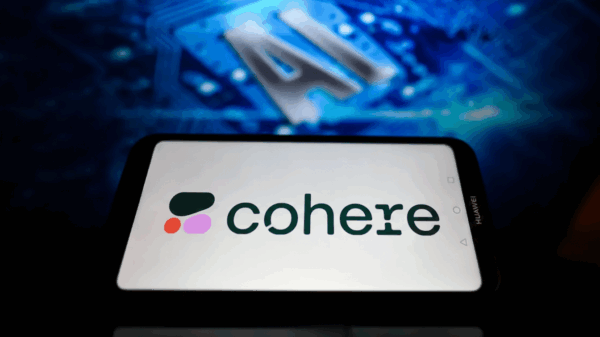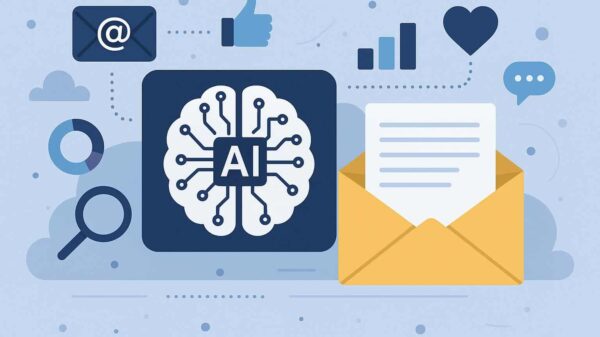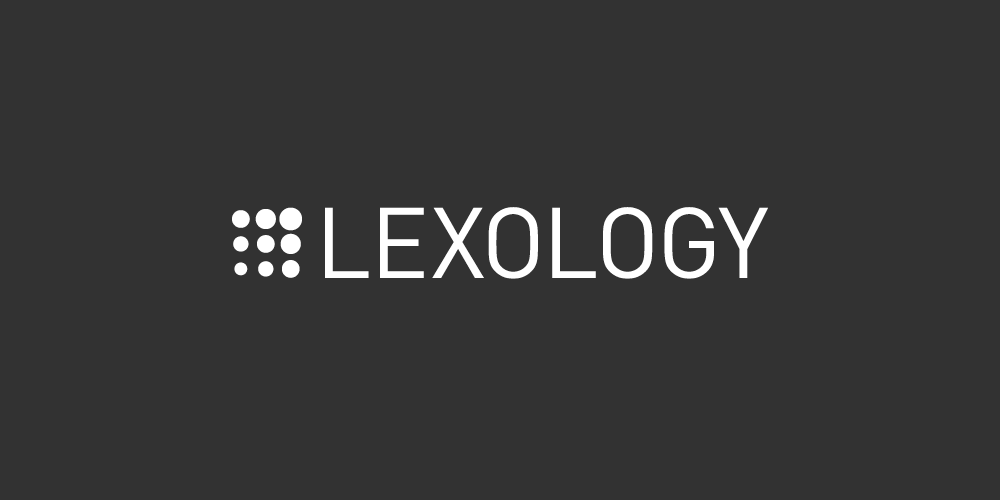As of November 17, 2025, significant developments in the global AI landscape have emerged, showcasing the diverse approaches nations are taking towards artificial intelligence governance and integration. Notably, India has introduced new guidelines for AI governance, while the UK is considering the incorporation of AI into its school curriculum. Additionally, Amazon has initiated legal action to prevent a browser agent from making unauthorized purchases on its platform. This article delves into these key updates, highlighting their implications for the AI community.
India’s AI Governance Guidelines
India’s recent unveiling of AI governance guidelines marks a pivotal step in shaping the future of AI in the country. These guidelines aim to ensure ethical use, data protection, and transparency in AI systems. As global concerns regarding AI ethics and regulation intensify, India’s proactive stance could serve as a model for other nations grappling with similar issues. The guidelines emphasize accountability, advocating for robust frameworks that can adapt to the rapidly evolving AI landscape.
With India emerging as a key player in the global AI arena, these guidelines not only reflect a commitment to responsible AI deployment but also aim to stimulate innovation and investment in the sector. As AI technologies continue to advance, the Indian government seeks to balance technological growth with public safety, ensuring that the benefits of AI are distributed equitably across society.
AI in the UK Education System
In parallel, the UK’s consideration of integrating AI into its school curriculum represents a forward-thinking approach to education and technology. This initiative aims to equip students with the necessary skills to thrive in a future increasingly dominated by AI. By introducing students to AI concepts early on, the UK government hopes to foster a new generation of innovators who are well-versed in AI technologies.
This educational shift aligns with global trends, as countries recognize the importance of preparing their workforce for the challenges and opportunities presented by AI. The incorporation of AI into educational frameworks could also address skills gaps in the job market, ensuring that future workers are not only consumers of technology but also capable creators and critical thinkers in the AI domain.
Amazon’s Legal Action Against AI Agents
On another front, Amazon’s recent lawsuit against a browser agent highlights the ongoing tension between e-commerce platforms and emerging AI technologies. The company aims to prevent this AI agent from making unauthorized purchases, raising questions about the ethical implications of AI in consumer behavior. This legal battle encapsulates the broader concerns surrounding AI regulation and the protection of consumer rights in an increasingly automated marketplace.
As AI becomes more integrated into everyday transactions, the need for clear regulations and guidelines is paramount. Amazon’s action exemplifies the challenges businesses face in navigating a landscape where AI can easily disrupt traditional practices and consumer trust.
In conclusion, the developments in India, the UK, and Amazon serve as critical indicators of the evolving relationship between AI technologies and societal norms. As nations grapple with the ethical and practical implications of AI, these initiatives reflect a growing recognition of the need for comprehensive governance and education. The global AI community must remain vigilant and proactive in addressing these challenges to harness the transformative potential of artificial intelligence effectively.
 Yann LeCun Critiques Meta’s AI Focus on LLMs, Advocates for World Models Instead
Yann LeCun Critiques Meta’s AI Focus on LLMs, Advocates for World Models Instead William & Mary Launches New School of Computing to Address AI Skills Gap and Workforce Needs
William & Mary Launches New School of Computing to Address AI Skills Gap and Workforce Needs Stanley Druckenmiller Invests in AI with New Positions in AMZN, GOOGL, META Stocks
Stanley Druckenmiller Invests in AI with New Positions in AMZN, GOOGL, META Stocks Teacher Pleads Guilty to AI-Generated Child Pornography Involving Eight Students
Teacher Pleads Guilty to AI-Generated Child Pornography Involving Eight Students Grok AI Promotes Far-Right Misinformation About 2015 Paris Attack Victims
Grok AI Promotes Far-Right Misinformation About 2015 Paris Attack Victims

































































